I have a problem when using replicate to repeat the function.
I tried to use the bootstrap to fit a quadratic model using concentration as the predictor and Total_lignin as the response and going to report an estimate of the maximum with a corresponding standard error.
My idea is to create a function called bootFun that essentially did everything within one iteration of a for loop. bootFun took in only the data set the predictor, and the response to use (both variable names in quotes).
However, the SD is 0, not correct. I do not know where is the wrong place. Could you please help me with it?
# Load the libraries
library(dplyr)
library(tidyverse)
# Read the .csv and only use M.giganteus and S.ravennae.
dat <- read_csv('concentration.csv') %>%
filter(variety == 'M.giganteus' | variety == 'S.ravennae') %>%
arrange(variety)
# Check the data
head(dat)
# sample size
n <- nrow(dat)
# A function to do one iteration
bootFun <- function(dat, pred, resp){
# Draw the sample size from the dataset
sample <- sample_n(dat, n, replace = TRUE)
# A quadratic model fit
formula <- paste0('resp', '~', 'pred', '+', 'I(pred^2)')
fit <- lm(formula, data = sample)
# Derive the max of the value of concentration
max <- -fit$coefficients[2]/(2*fit$coefficients[3])
return(max)
}
max <- bootFun(dat = dat, pred = 'concentration', resp = 'Total_lignin' )
# Iterated times
N <- 5000
# Use 'replicate' function to do a loop
maxs <- replicate(N, max)
# An estimate of the max of predictor and corresponding SE
mean(maxs)
sd(maxs)
